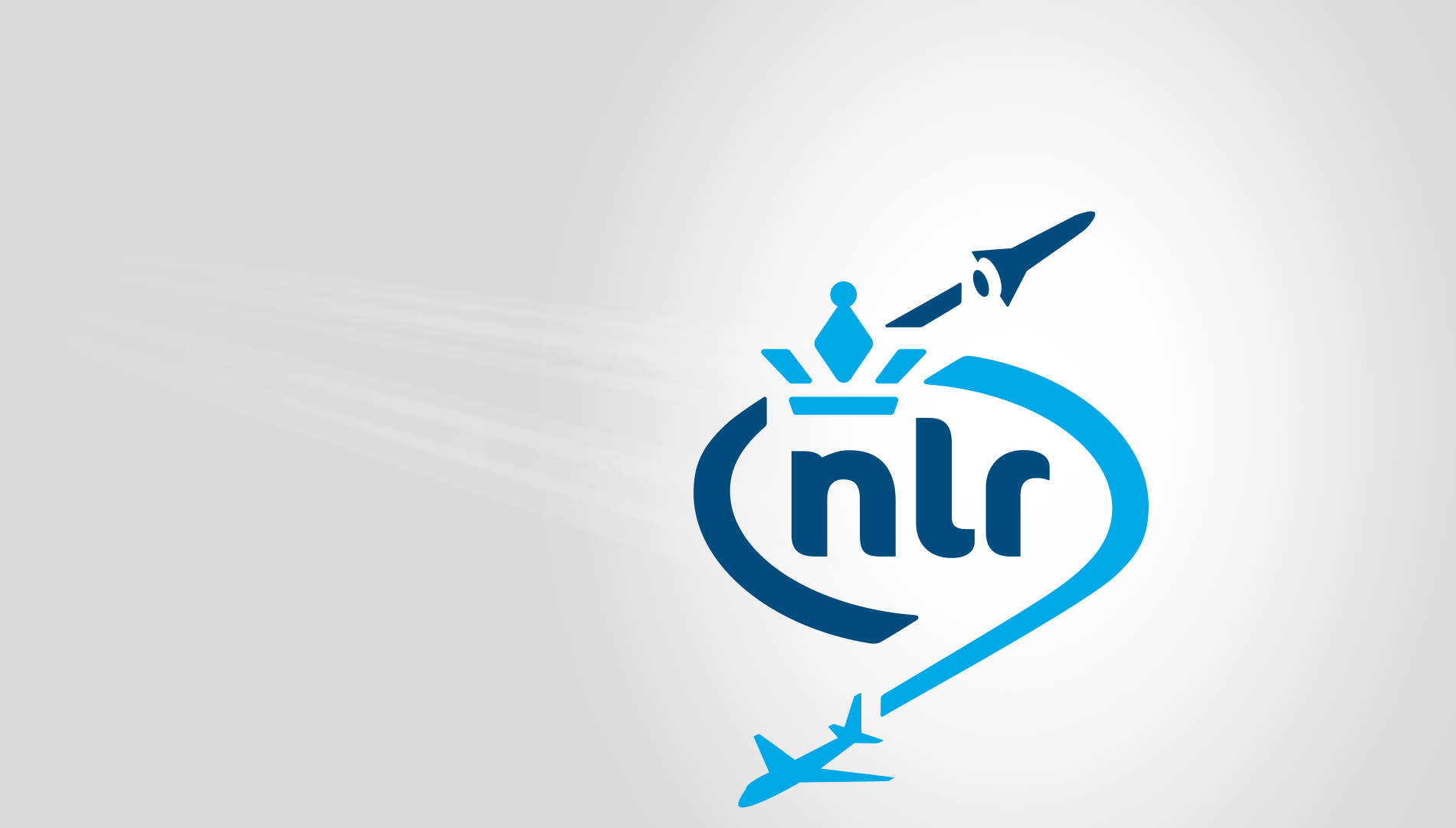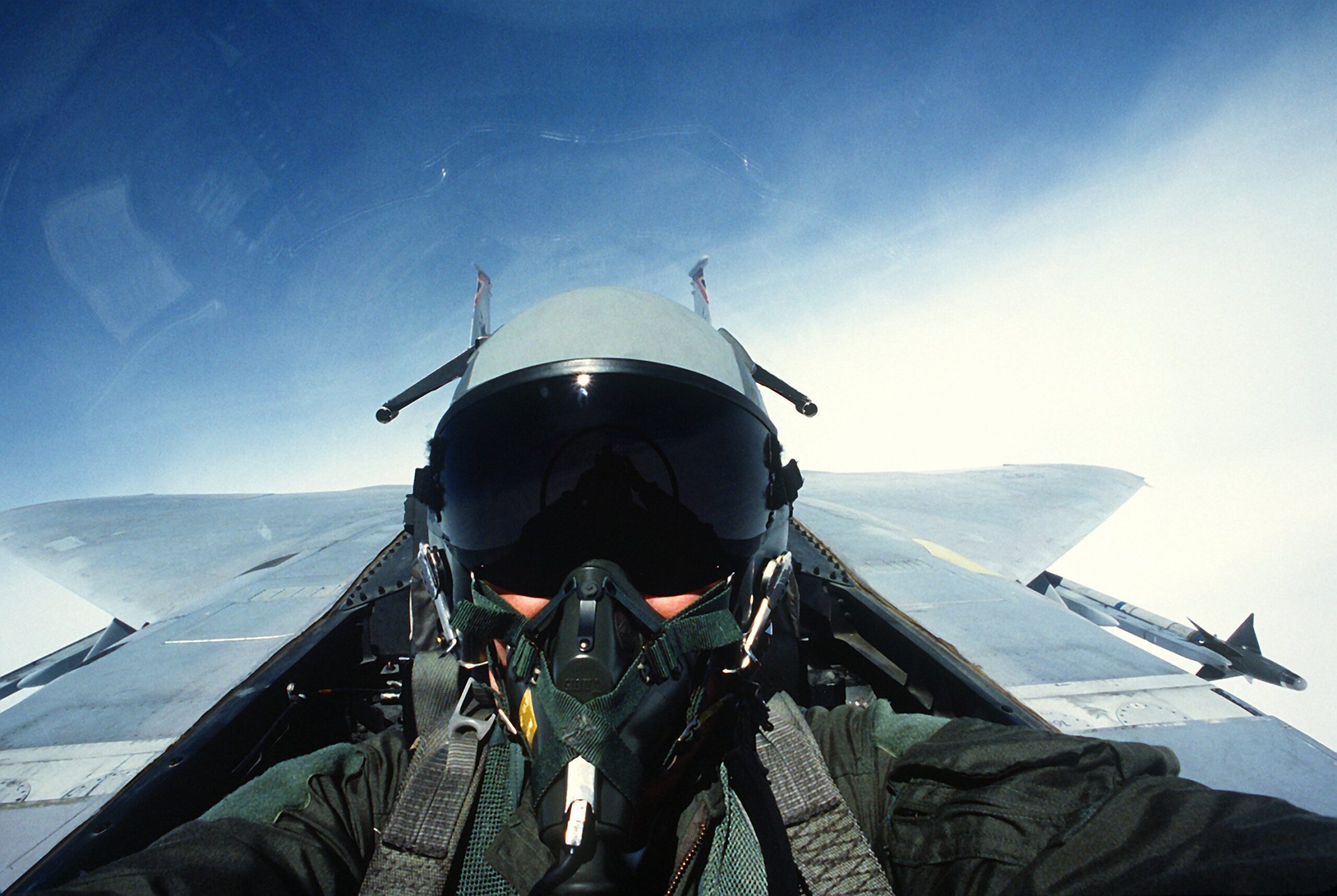“NLR has been a strong brand for 100 years,” said the King’s Commissioner, Arthur van Dijk. “NLR is the first and only research centre that focuses entirely on sustainable, efficient, and safe aerospace. I am pleased to be able to provide your centenary celebration with a festive and prestigious crowning.”
Michel Peters, General Director of NLR: “We are extremely proud that we are now allowed to bear the Royal predicate. It is a recognition of the work of our employees. Their knowledge and expertise are and will remain the driving force behind groundbreaking innovations. The predicate is a stimulus for the future and strengthens NLR and our employees in our ambition to make aerospace more sustainable. This is a huge challenge and requires an even higher speed of innovation and intensive collaboration. The goal on the horizon is emission-free flying by 2070. We are determined to contribute to this, together with the sector, and this will not only be done in an evolutionary way but will require a revolutionary approach for which NLR must find outside-the-box solutions. And that is exactly what we will do.”
Milestones
NLR has been the ambitious knowledge organisation for applied research with a deeply rooted desire to continue innovating for 100 years and, with its knowledge and expertise, is one of the driving forces behind the aerospace sector in the Netherlands and is also internationally recognised. For example, NLR developed the first brake flaps on an aircraft as early as 1921 (for a Fokker F.II). In 1962, NLR made the first digital recorder possible and applied it to KLM’s DC-8. While the stresses on the aircraft during flight were being measured, the digital recorder recorded all data in real-time. In 1983, the world’s first infrared astronomical satellite, IRAS, was launched. The satellite, weighing over 1,000 kilograms, was designed to explore the entire sky in six months. Together with Dutch parties such as Fokker, NLR developed this satellite. In 2012, NLR delivered the most advanced wind tunnel model in the world for a tiltrotor, a combination of a helicopter and an aircraft. NLR worked on this with other organisations connected to the EU’s Clean Sky programme for the development of cleaner aircraft. These and other milestones can be found on the special NLR anniversary website.
About the Royal Netherlands Aerospace Centre (NLR)
After World War I, the Netherlands had fallen behind in the field of military aviation. Therefore, the National Study Service for Aviation (RSL) was established on 5 April 1919, the precursor to the current NLR. Over time, the range of tasks has been expanded from knowledge and regulation for military aviation to civil aviation and space exploration. NLR’s activities now cover the entire spectrum of Research, Development, Test & Evaluation (RDT&E). Companies and governments can turn to NLR for activities in the field of validation, verification, qualification, simulation, and evaluation.
The current NLR is the knowledge organisation for applied research for aerospace and the connecting link between science, business, and government, both nationally and internationally. With the knowledge and expertise of its employees and the use of its research infrastructure, NLR works to make aerospace more sustainable, safer, more efficient, and more effective. NLR has 630 employees, spread across its locations in Amsterdam, Marknesse, Schiphol, and Noordwijk.



